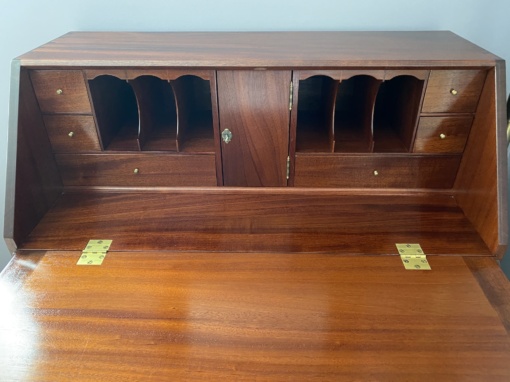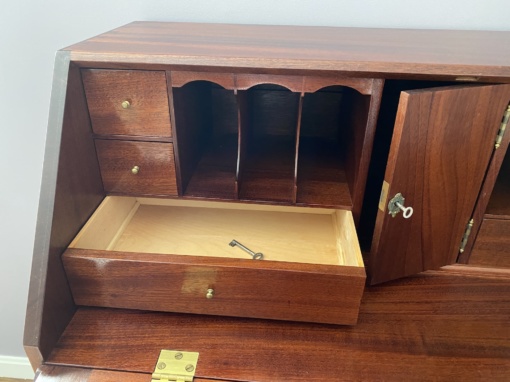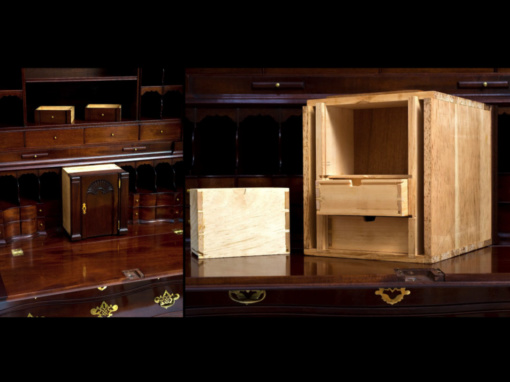|
|||||||||||||||||||||
|
To conserve power to help avoid a blackout, the power industry recommends:
- In heating season, set the furnace thermostat at 68 degrees or lower. In cooling season, set the thermostat at 78 degrees or higher. Consider installing a programmable thermostat that you can set to have the furnace or air conditioning run only when you are at home. Most power is used by heating and cooling, so adjusting the temperatures on your thermostat is the biggest energy conservation measure you can take.
- Turn off lights and computers when not in use. This is especially true about computer monitors – avoid using a “screen saver” and just simply turn the monitor off when you won’t be using the computer for a while. Turn the computer off completely each evening. It is no longer true that computer equipment is damaged from turning it off and on.
- Close windows when the heating or cooling system is on.
- Caulk windows and doors to keep air from leaking, and replace old windows with new, energy-efficient windows.
- Clean or replace furnace and air-conditioner filters regularly.
- When buying new appliances be sure to purchase energy-efficient models.
- Wrap the water heater with an insulation jacket, available at most building supplies retailers.
- If you have to wash clothes, wash only full loads and clean the dryer’s lint trap after each use.
- When using a dishwasher, wash full loads and use the “light” cycle. If possible, use the “rinse only” cycle and turn off the “high temperature” rinse option. When the regular wash cycle is done, just open the dishwasher door to allow the dishes to air dry.
- Replace incandescent light bulbs with energy-efficient compact fluorescent lights.
- Use one large light bulb rather than several smaller ones.
- If you would like more information about rolling blackouts and how to deal with them, contact the power company that serves your area.






























